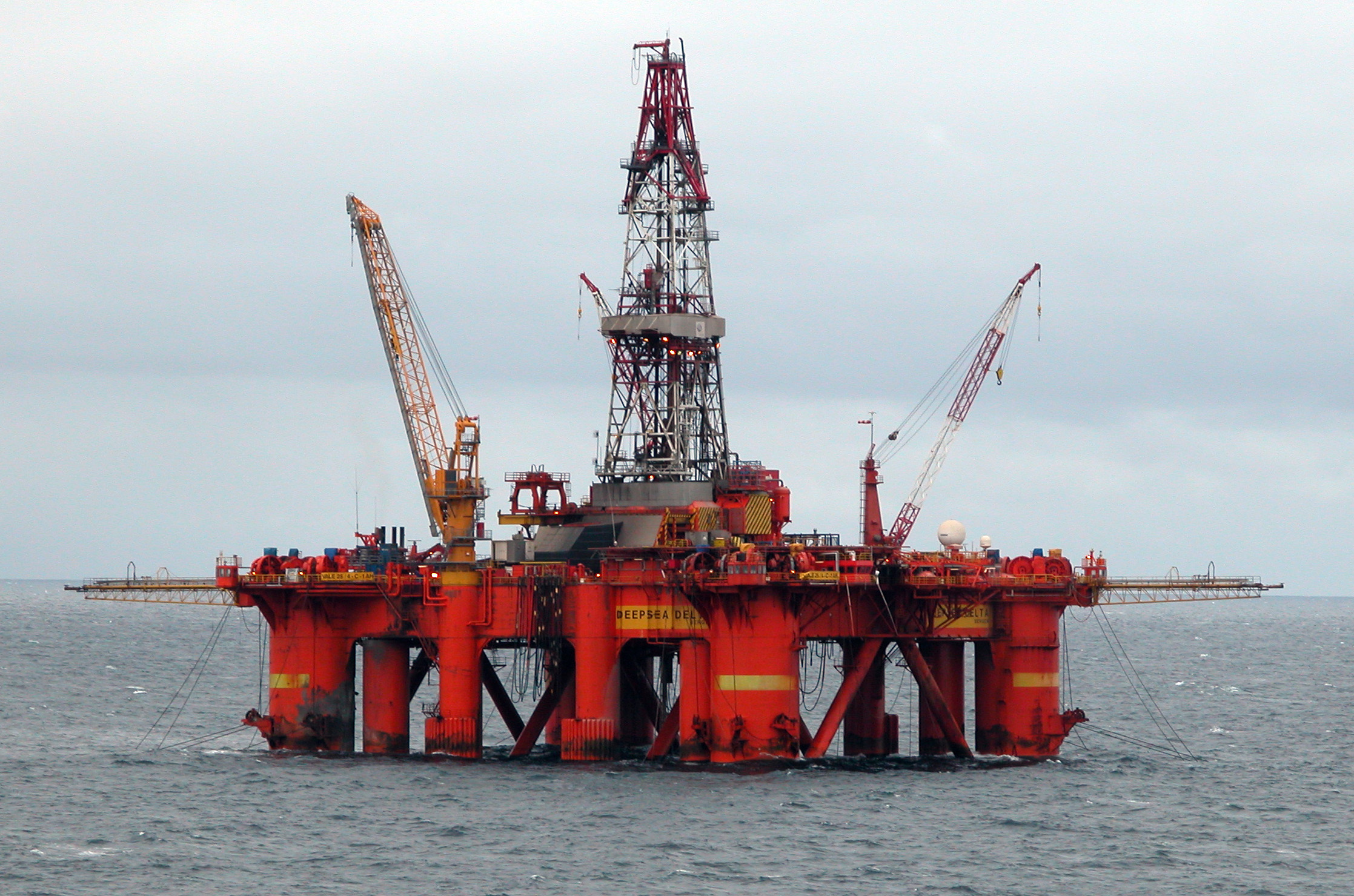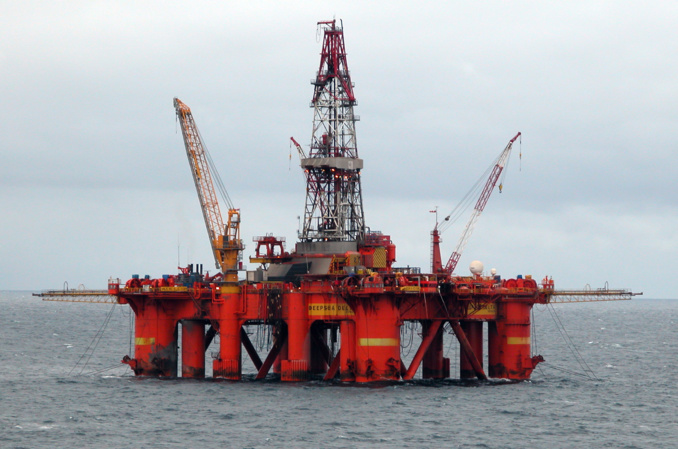However, the market expects a further decline in commercial oil reserves in the US: according to analysts surveyed by Bloomberg, they fell by 3.88 million barrels.
WTI crude oil for delivery in August rose by $ 0.23 (0.31%) to $ 74.08 per barrel at e-trading on the New York Mercantile Exchange (NYMEX).
Rumors that the Norwegian drillers will arrange a strike in the summer to strike, began to appear in March 2018. At that time, the two main trade unions and the employers' union of Norway launched the first round of pay and pension negotiations for 250,000 private sector employees. Workers of drilling platforms, hired directly by oil and gas companies such as Equinor (formerly Statoil) and Royal Dutch Shell, were not able to take strike action until June 2018 due to special conditions stipulated in collective bargaining agreements. This fact inspired hope that during this time the agreements would be reached and there will be no strike at all. As a result, the parties did not come to a compromise.
Now it is known that the strike will affect the Knarr field, which is operated by Royal Dutch Shell, its production is just under 25,000 barrels per day. This volume is small, it is about 1.5% of the total oil and gas condensate production in Norway (in May, production was about 1.6 million barrels per day), and should not exert any serious influence on the market.
Currently, the oil market is tense as a whole: OPEC+ quotas have softened because of lower production in Venezuela for domestic political reasons and the expected decline in production in Iran due to US sanctions; in Libya, production fell to 527,000 barrels per day from a maximum of 1.28 million barrels per day due to closure of major export ports; the supply of oil to Cushing, the main US oil hub from Canada to 300,000 barrels per day, fell. As a result, even a slight decline in oil production in the North Sea has an impact on oil prices since it is the center of price formation of the world benchmark crude Brent.
Everything will now depend on duration of the strike and the extent of its coverage - whether other workers will join the action and whether other platforms will stop. If everything is limited to only one field, then the impact on the market and on prices will remain at the current level.
In general, strikes in Norway take place in a peaceful and civilized way: they last for a relatively short time and do not affect serious production volumes, which does not have a significant impact on the markets. Extraordinary events are unlikely. There won’t be a Venezuela-like situation, like in 2002-2003 when almost two-month strike took about 3 million barrels per day from the market, and the price of oil during this time increased by 20%.
source: forbes.com
WTI crude oil for delivery in August rose by $ 0.23 (0.31%) to $ 74.08 per barrel at e-trading on the New York Mercantile Exchange (NYMEX).
Rumors that the Norwegian drillers will arrange a strike in the summer to strike, began to appear in March 2018. At that time, the two main trade unions and the employers' union of Norway launched the first round of pay and pension negotiations for 250,000 private sector employees. Workers of drilling platforms, hired directly by oil and gas companies such as Equinor (formerly Statoil) and Royal Dutch Shell, were not able to take strike action until June 2018 due to special conditions stipulated in collective bargaining agreements. This fact inspired hope that during this time the agreements would be reached and there will be no strike at all. As a result, the parties did not come to a compromise.
Now it is known that the strike will affect the Knarr field, which is operated by Royal Dutch Shell, its production is just under 25,000 barrels per day. This volume is small, it is about 1.5% of the total oil and gas condensate production in Norway (in May, production was about 1.6 million barrels per day), and should not exert any serious influence on the market.
Currently, the oil market is tense as a whole: OPEC+ quotas have softened because of lower production in Venezuela for domestic political reasons and the expected decline in production in Iran due to US sanctions; in Libya, production fell to 527,000 barrels per day from a maximum of 1.28 million barrels per day due to closure of major export ports; the supply of oil to Cushing, the main US oil hub from Canada to 300,000 barrels per day, fell. As a result, even a slight decline in oil production in the North Sea has an impact on oil prices since it is the center of price formation of the world benchmark crude Brent.
Everything will now depend on duration of the strike and the extent of its coverage - whether other workers will join the action and whether other platforms will stop. If everything is limited to only one field, then the impact on the market and on prices will remain at the current level.
In general, strikes in Norway take place in a peaceful and civilized way: they last for a relatively short time and do not affect serious production volumes, which does not have a significant impact on the markets. Extraordinary events are unlikely. There won’t be a Venezuela-like situation, like in 2002-2003 when almost two-month strike took about 3 million barrels per day from the market, and the price of oil during this time increased by 20%.
source: forbes.com



















